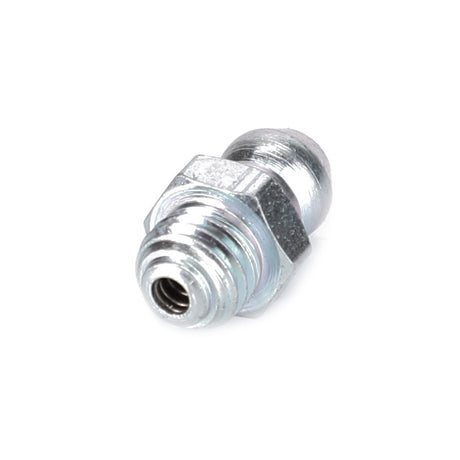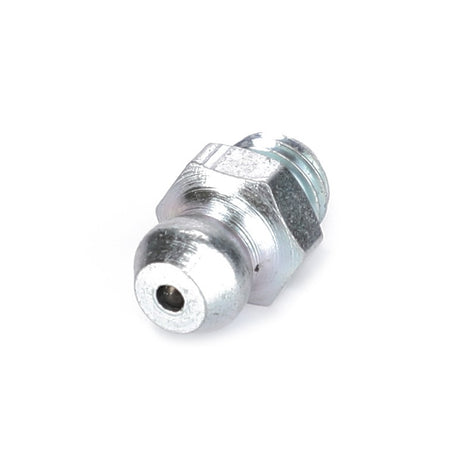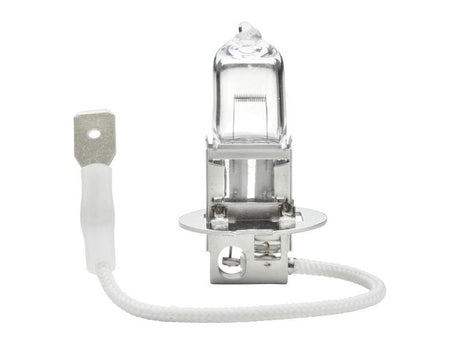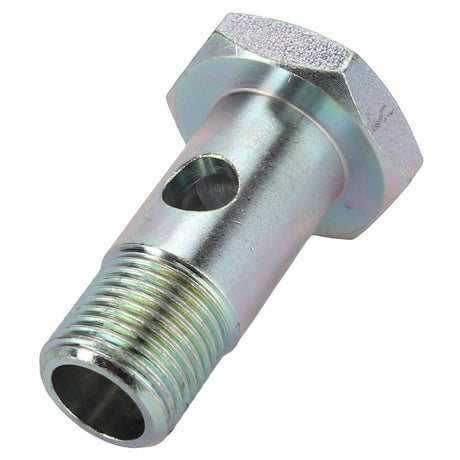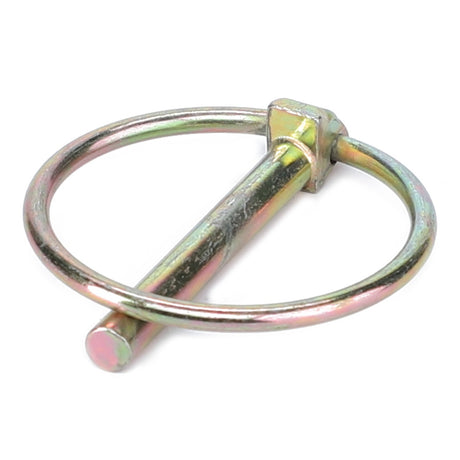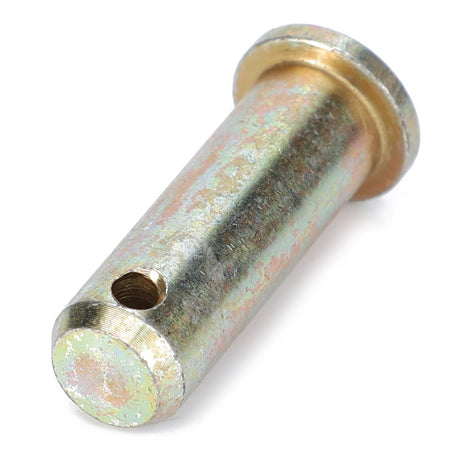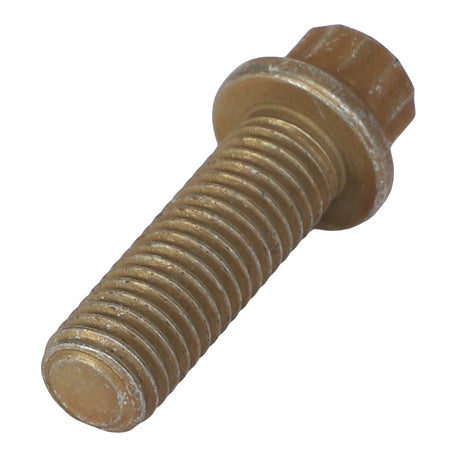When it comes to maintaining your Massey Ferguson 390 tractor, bearings and seals are critical components that ensure smooth operation and prevent costly damage. These parts play essential roles in reducing friction, supporting rotating parts, and keeping contaminants out. In this detailed guide, we'll explore the importance of bearings and seals, common issues that can arise, and tips for maintenance and replacement. Whether you're experiencing issues or just want to keep your tractor in top shape, this post provides all the information you need.
1. Understanding Massey Ferguson 390 Bearings and Seals
A. Function of Bearings:
-
Support Rotating Parts: Bearings support rotating components, such as the crankshaft and camshaft, reducing friction and wear during operation.
-
Reduce Friction: They minimize friction between moving parts, ensuring smooth performance and extending the life of your tractor’s engine and transmission.
-
Load Distribution: Bearings distribute mechanical loads evenly, which helps in maintaining stability and preventing component failure.
B. Function of Seals:
-
Contain Fluids: Seals prevent lubricants and fluids from leaking out of the engine and transmission systems, maintaining proper fluid levels and ensuring optimal performance.
-
Protect from Contaminants: They keep dirt, dust, and debris from entering critical components, which helps in preventing premature wear and damage.
-
Maintain Pressure: Seals help in maintaining internal pressure within engine and transmission components, ensuring efficient operation.
C. Types of Bearings and Seals:
-
Ball Bearings: Commonly used in various parts of the tractor for supporting rotational movement.
-
Roller Bearings: Used in high-load applications to handle heavy loads with reduced friction.
-
Oil Seals: Prevent oil and lubricant leaks while protecting against contaminants.
-
Grease Seals: Used in applications where grease is employed as a lubricant, preventing grease loss and contamination.
2. Common Issues with Bearings and Seals
A. Bearing Wear and Failure:
-
Symptoms: Unusual noises such as grinding or whining, excessive vibration, or reduced performance.
-
Causes: Bearing wear can result from inadequate lubrication, contamination, or excessive load. Over time, bearings can become worn or damaged, leading to failure.
B. Seal Leaks:
-
Symptoms: Visible fluid leaks around the engine or transmission, low fluid levels, or contamination of fluids.
-
Causes: Seal leaks may occur due to wear, damage, or improper installation. Aging seals or those exposed to extreme temperatures can also become brittle and lose their effectiveness.
C. Contamination:
-
Symptoms: Presence of dirt or debris in the lubricant, reduced performance, or premature wear of components.
-
Causes: Contaminants can enter through damaged or improperly installed seals, leading to increased friction and damage to bearings and other components.
3. Maintenance and Replacement Tips
A. Regular Inspections:
-
Frequency: Inspect bearings and seals regularly as part of routine maintenance. Check for signs of wear, leaks, or contamination.
-
Method: Look for unusual noises, fluid leaks, or visible damage. Ensure that seals are intact and bearings are properly lubricated.
B. Proper Lubrication:
-
Importance: Adequate lubrication is essential for reducing friction and preventing wear in bearings and seals.
-
Schedule: Follow the manufacturer’s recommendations for lubrication intervals and use the appropriate type of lubricant. Ensure that bearings and seals are regularly serviced and topped up as needed.
C. Addressing Issues Promptly:
-
Early Detection: Identify and address any signs of bearing or seal issues early to prevent further damage and avoid costly repairs.
-
Replacement: Replace worn or damaged bearings and seals with high-quality OEM or aftermarket parts to restore proper function and performance.
D. Professional Servicing:
-
Quality Parts: Use genuine OEM or high-quality replacement bearings and seals to ensure compatibility and reliable performance.
-
Expert Installation: Have bearings and seals replaced or serviced by a qualified mechanic to ensure proper installation and alignment.
4. Where to Find Quality Bearings and Seals
A. Farmingparts.com
-
Extensive Selection: Explore our range of high-quality bearings and seals for the Massey Ferguson 390 at Farmingparts.com. We offer both OEM and aftermarket options to meet your needs.
-
Expert Advice: Get professional guidance on selecting the right bearings and seals for your tractor, and receive support for installation and maintenance.
-
Convenient Ordering: Enjoy easy online ordering with fast shipping options to get your parts quickly and efficiently.
Bearings and seals are critical components for maintaining the performance and longevity of your Massey Ferguson 390 tractor. Understanding their functions, recognizing common issues, and following proper maintenance and replacement practices will help keep your tractor running smoothly. For top-quality bearings and seals and expert support, visit Farmingparts.com and find everything you need to keep your tractor in excellent condition.
Ready to replace or upgrade your Massey Ferguson 390 bearings and seals? Visit Farmingparts.com today to explore our selection of genuine OEM and high-quality parts. Get expert advice and ensure your tractor performs at its best with the right components.




